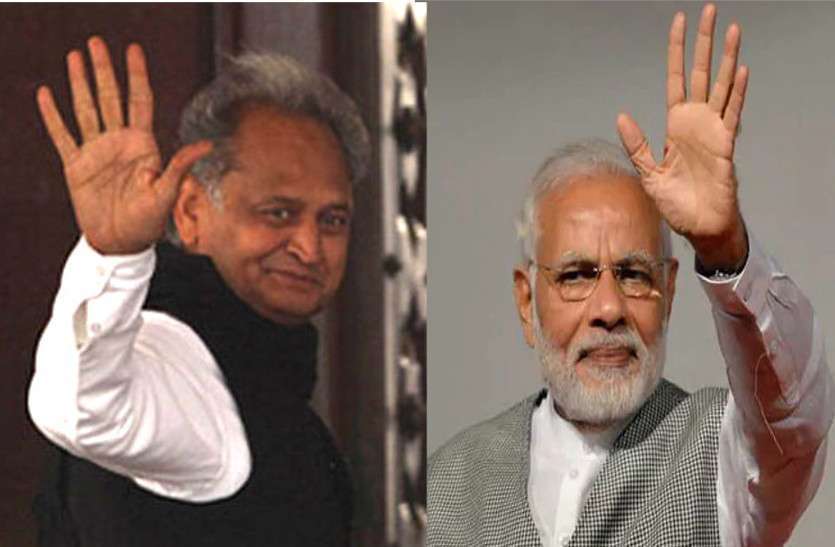Prime Minister Narendra Modi’s economic relief package received a mixed reaction from the opposition. Addressing the countrymen, the Prime Minister on Tuesday announced a financial package of Rs 20 lakh crore with the further extension of the lockdown from 17th May.
Slamming PM Modi’s speech, Congress chief spokesperson Randeep Surjewala said that they are very disappointed by the government for the ’lack of empathy’ towards the migrant workers.
Meanwhile, senior Congress leader Anand Sharma welcomed the PM’s economic package and said that this package will help and support small, micro and medium industries to revive themselves.
Senior Congress leader Milind Deora on Tuesday also praised PM Modi’s economic package and said that if it is being used carefully, India will prevent a humanitarian disaster and will broaden its role as a global supply chain.
“Timely announcement of a US $266 billion economic package by @narendramodi ji.
If carefully executed, we will avert a humanitarian crisis, expand India’s role in global supply chains &revolutionise our @makeinindiacapabilities.In Chinese, crisis = danger + opportunity(sic),” Deora wrote on Twitter.
Rajasthan Chief Minister Ashok Gehlot lauded the government’s package and said that this was much awaited. “The financial package announced by PM Modi ji was much awaited. Better late than never, देरआएदुरुस्तआए. We welcome this. Now when details emerge, we would know exactly how different sectors would benefit,” Gehlot tweeted.
The Prime Minister on Tuesday announced a massive financial package of Rs 20 lakh crore to revive, reform and make the country self-reliant. The PM said that aggressive reforms are needed to make the country self-reliant in order to overcome the Covid-19 pandemic in future.
Government announced nationwide lockdown from March 25 and is scheduled to stay in place until May 17, although there have been some relaxations since May 4. Although in his speech yesterday the PM indicated that the country will move to the next phase of lockdown but with further relations, which were framed according to the recommendations given by the states.





